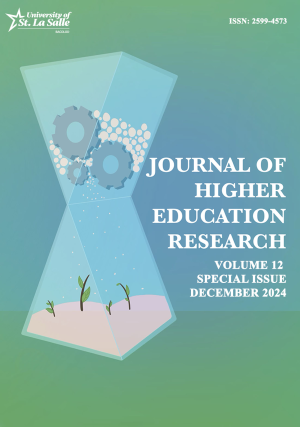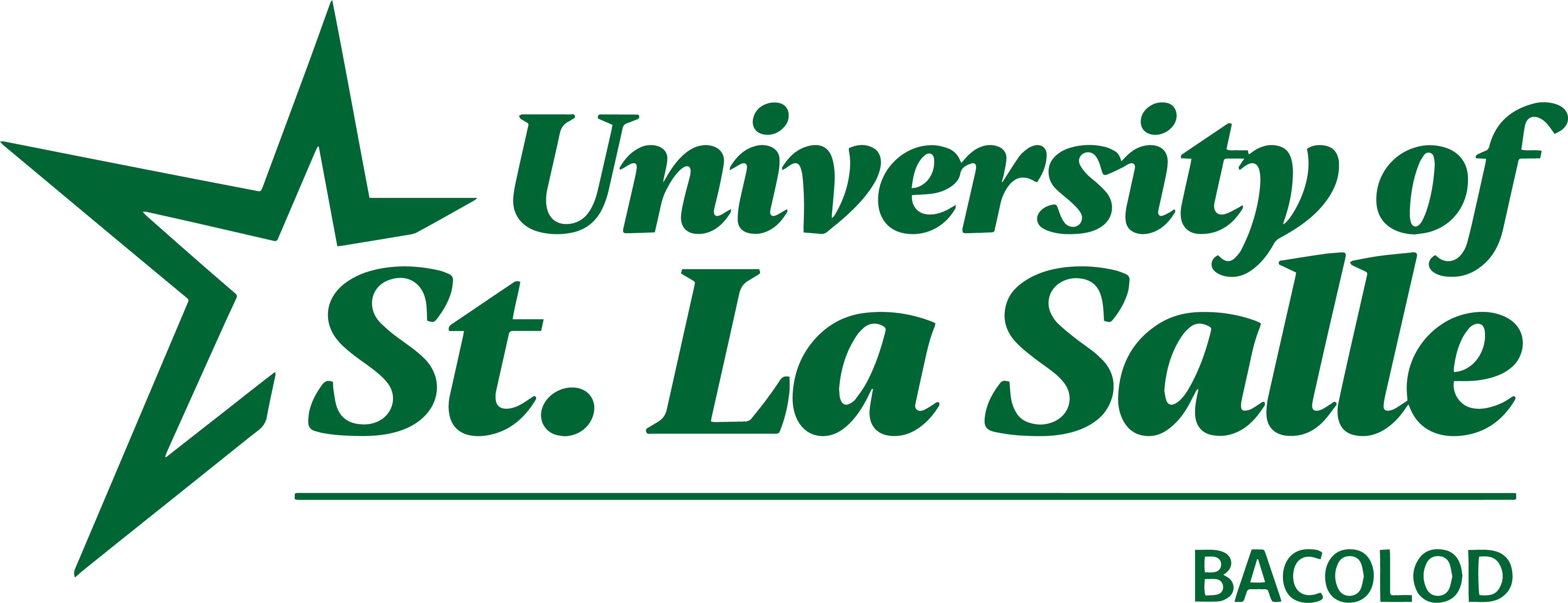Emotional leadership of school heads and teachers' work engagement and performance
https://doi.org/10.70228/PFREE2024026JHER
Cite this article Read this article
ABSTRACT
This study aimed to determine the emotional leadership of school heads as assessed by themselves and by teachers and its relationship to teachers' work engagement and performance in public secondary schools in Negros Occidental. The researcher used the mixed embedded method, consisting of 11 school heads and 1,168 teachers. The results were based on a standardized research questionnaire supplemented by interviews to gather pertinent data and information. Furthermore, the levels of emotional leadership were determined. Based on teachers' assessments, school heads demonstrate similar levels of emotional leadership regardless of differences in their demographic or professional profiles. Significant differences in teachers' perceptions of school heads' leadership across urban-rural settings and between schools suggest that the environment and size of a school can impact how leadership is exercised and perceived. The findings reveal a significant relationship between the emotional leadership of school heads as assessed by teachers and teachers' work engagement, which suggests that supportive leadership directly impacts how engaged teachers feel in their roles. The finding that school leaders' emotional leadership does not significantly affect teachers' performance indicates that, while it may boost morale, job satisfaction, and engagement, it does not directly lead to measurable improvements in job performance. The findings reveal no significant relationship between teachers' work engagement and performance. As a result, the researcher recommends crafting a professional development program in every division to strengthen school heads' emotional leadership skills and boost teachers' work engagement and performance.
Keywords: emotional leadership, work engagement, performance of teachers

Volume 12 Special Issue, 2024 EDITION
Published 2024
Editor's Note
Across every level of education, leadership and governance shape the direction, culture, and success of learning communities. In times of change and uncertainty, the strength of our schools depends on leaders who can balance vision with action, empathy with accountability, and innovation with tradition. This Special Issue of the Journal of Higher Education Research turns the spotlight on those leaders—documenting their strategies, challenges, and achievements, and offering practical models for others to follow. Carcueva and Ureta provide a closer look at the Philippine Professional Standards for School Heads (PPSSH), examining how career stages align with leadership practices and performance. Meanwhile, Toreta and Ureta showcase the best practices and qualities of the most outstanding school heads, whose leadership fosters excellence, transparency, and sustainable partnerships. Tingson and Leonor examine the relationship between emotional leadership and teachers’ work engagement, providing insights into how supportive leadership styles impact morale and commitment. Miraflores and Leonor evaluate the Project FREE Paglaum Scholarship Program, revealing its substantial impact on teachers’ professional advancement and career progression. Gomez and Ramos chronicle the “metamorphic transition” of Teachers-in-Charge from classroom educators to effective school leaders. At the same time, Salmorin and Ureta examine leadership practices and resilience as predictors of school manager performance in the dynamic and uncertain VUCA environment. Jalwin and Yap present a structural equation model that links leadership practices, organizational culture, self-efficacy, and school quality, shedding light on the complex interplay among these variables. Amisola and Leonor assess School-Based Management (SBM) practices, advocating for a continuous quality improvement program to strengthen educational autonomy and performance. Celeste and Amparo highlight the influence of spiritual leadership on teachers’ organizational commitment, suggesting that values-driven leadership serves as a catalyst for workplace satisfaction and retention. Collectively, these works reveal that effective educational leadership is not confined to administrative skill—it is rooted in vision, empathy, resilience, and a steadfast dedication to fostering environments where both educators and learners thrive. We extend our deepest gratitude to the authors for their invaluable contributions, to our peer reviewers for their discerning feedback, and to the Publication and Engagement Office led by Dr. Lota Largavista for their unwavering support in realizing this special edition. May the insights in this special issue serve as both a guide and an inspiration—equipping educational leaders and policymakers with the wisdom, courage, and innovative spirit needed to shape schools that not only respond to the challenges of today but also create the possibilities of tomorrow. Sincerely, JOVAL N. MARTINEZ Editor-in-Chief


